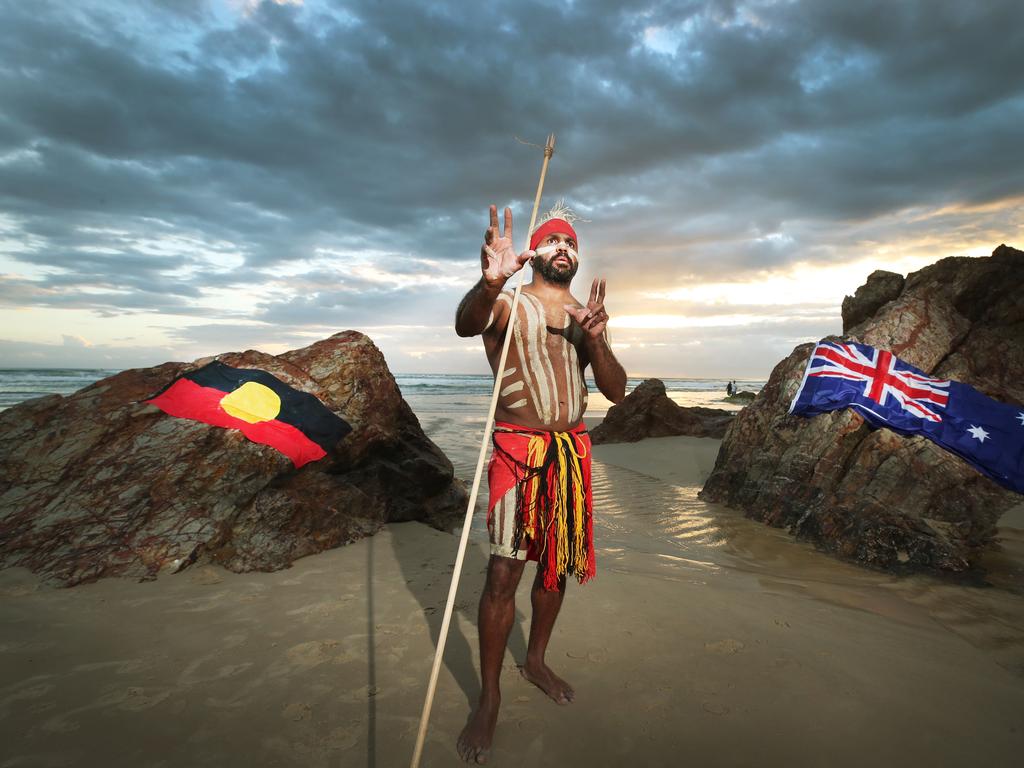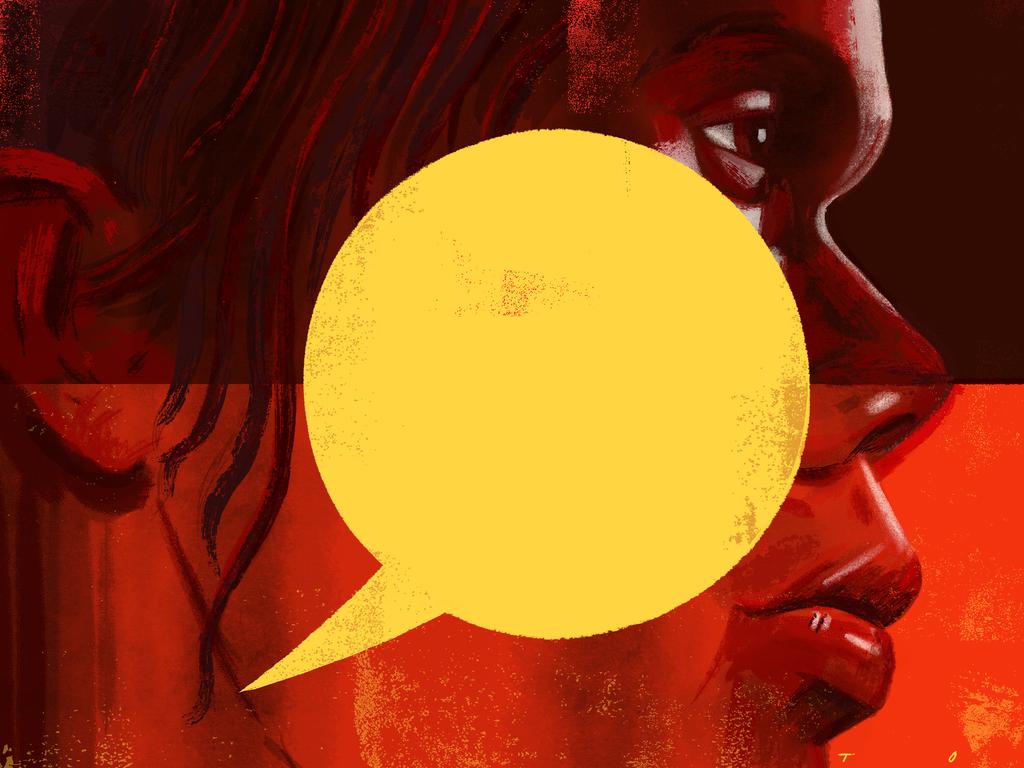Recognition is needed but separate Indigenous voice is not


I agree that our Constitution won’t really be complete until it has some suitable acknowledgment of Indigenous people and certainly think that Indigenous voices should well and truly be heard in our legislative process. There’s also no doubt that the Uluru “voice from the heart” statement is a beautiful expression of Indigenous connection to country and a moving invitation to all of us to walk forward together. But with the Indigenous percentage of the parliament (elected without quotas or any form of affirmative action) now ahead of that in the population at large, any need for a separate voice to the parliament surely has passed.
As opposition leader and then as prime minister, I tried to spend significant time every year in remote Australia because there’s nothing quite like “being there” to try to come to grips with the issues facing Indigenous people caught between two worlds; striving to keep in touch with one while succeeding in the other.
For a week in 2014, senior levels of the government (including the PM, plus almost a dozen ministers and departmental secretaries) operated out of East Arnhem Land; and for a week in 2015 out of the Torres Strait because I wanted the system to be more hands-on about remote Australia than is ever possible just from meetings and briefing notes. With more time, I’m sure that more progress could have been made towards the only indicators that really matter when it comes to a better life in remote Indigenous settlements: namely, getting the kids to school, the adults to work and the ordinary law of the land to apply.
In mid-2015, I convened a lengthy consultation between the prime minister and the opposition leader and a broad group of Indigenous leaders. Subsequently, Bill Shorten and I released a statement outlining a process for achieving constitutional recognition. There was to be a national conversation involving everyone, because only if everyone was at least potentially involved could recognition truly be a “unifying moment”.
But after the change of prime ministership, this “broad-based national conversation” was instead largely confined to Indigenous people. To most of those meeting at Uluru in 2017, constitutional recognition was no longer enough.
To be meaningful, they felt, constitutional change had to entail practical steps to address Indigenous disadvantage, otherwise it would be mere window-dressing. Hence the demand for a constitutionally entrenched voice to the parliament to ensure that the wishes and aspirations of the minority identifying as Indigenous would not be lost among the concerns of everyone else.
Even though this voice would notionally be advisory, the concept of an elected body formally to adjudicate on all matters before the parliament impacting Aboriginal people effectively constituted – said then PM Malcolm Turnbull – a third legislative chamber. Because, in practice, almost nothing could be considered by the parliament without the prior deliberation of the voice, he was right. And because our system is already logjammed, with governments having to pass all legislation through a Senate they don’t control, and often enough having to work with contrary state governments too, how was yet another legislative complication going to help?
But yet more gummed-up government is not the worst of the problems with the voice. How do you end racial distinctions by entrenching them? How can you remove race from the Constitution by creating a separate body elected by people of just one race to deal with issues solely on the basis of their impact on just one racial group?
There should be a better way to acknowledge the First Australians in our nation’s foundational document than entrenching separatism and identity politics by creating two classes of citizens: Indigenous with two votes and non-Indigenous with only one; especially given that all sides of politics are now actively seeking Indigenous candidates for parliament with leadership credentials that appeal to everyone.
In a speech to a Recognise event in late 2014, I’d said: “This country we created, as a matter of undisputed fact, has an Indigenous heritage, a British foundation and a multicultural character, and it’s high time that this reality was recognised in our Constitution.” The form of recognition I was edging towards, had the process set out in July 2015 been followed, was to amend the preamble to the Constitution so that it read: “Whereas the people … humbly relying on the blessing of Almighty God, have agreed to unite in one indissoluble federal commonwealth under the Crown … to create a nation with an Indigenous heritage, a British foundation, and an immigrant character … ”
This formulation, which I’d hoped might have become an apt shorthand description of Australia, would have been a reworked version of Noel Pearson’s original insight that: “Australia’s foundation is Indigenous and then we built upon it with the institutions we’ve inherited from Britain (and) we’ve achieved a great multicultural triumph on top of that foundation.”
While constitutional recognition has to be about Indigenous people, in the end there has to be something for everyone if it’s to succeed in correcting the one key omission in an otherwise remarkably serviceable Constitution.
A government that’s been elected with just a third of the primary vote should be careful about claiming it has a mandate for any particular change; and a Prime Minister who wants to bring us together might consider something that everyone could agree is both true and meaningful. Our cohesion as a nation is too important to be put at risk by a referendum that fails.
Tony Abbott was the prime minister of Australia from 2013-15.







On an otherwise discouraging election night, it was good to see more Indigenous people entering the parliament. We’ve come a long way since 1971, when Neville Bonner was the first to arrive as a Liberal senator for Queensland. But with 10 Indigenous MPs, what’s the point of a separate Indigenous voice to the parliament, now that Indigenous people are so well represented in the parliament itself?